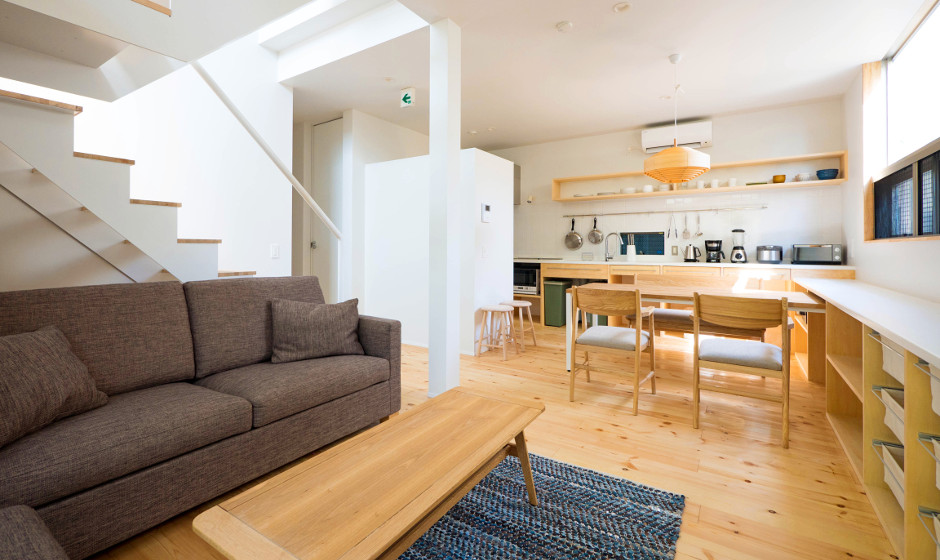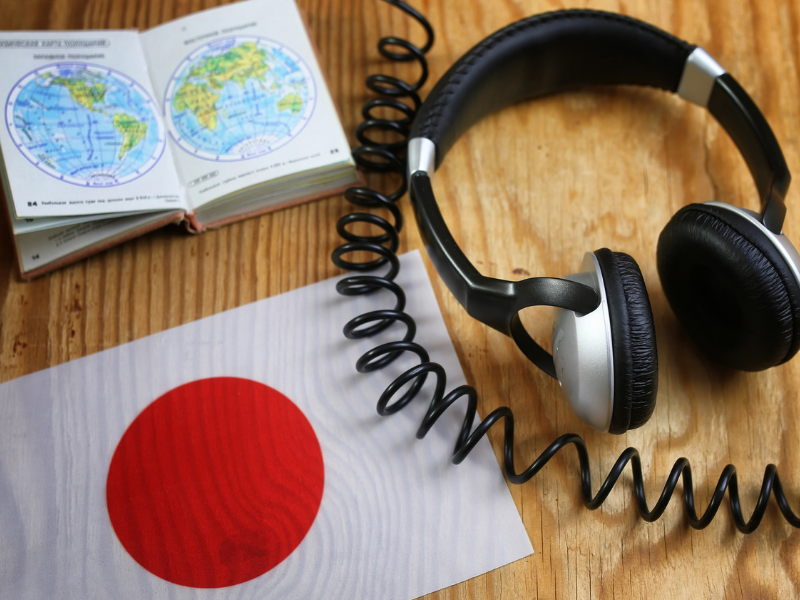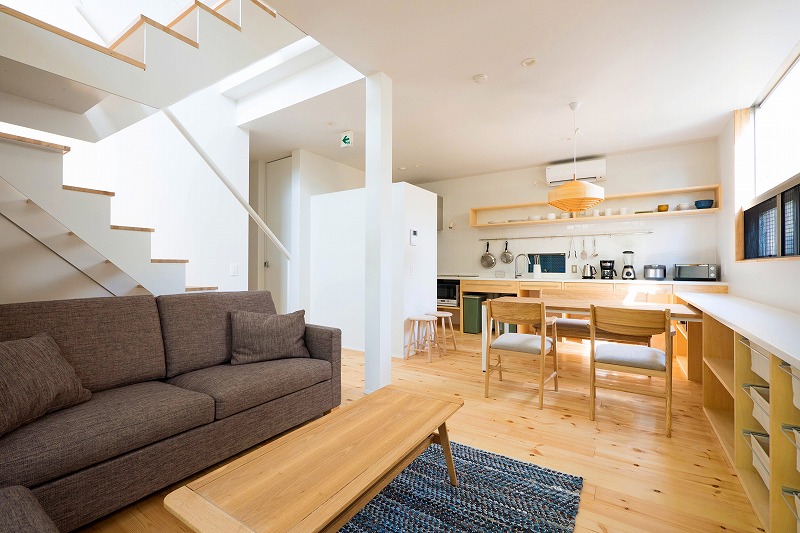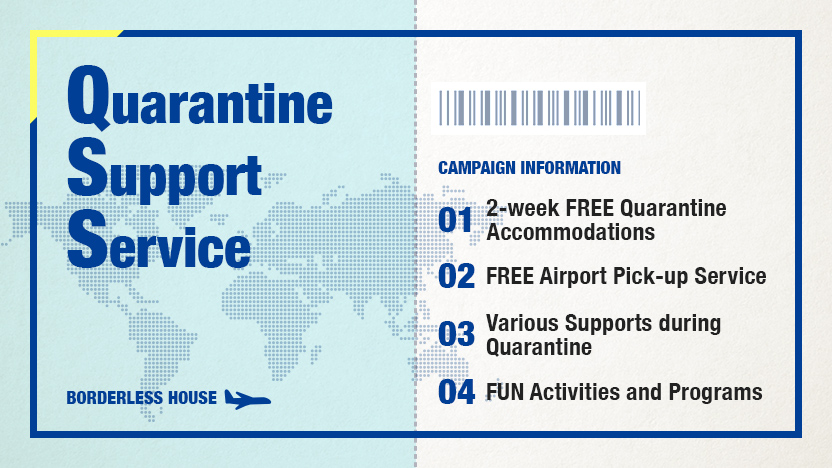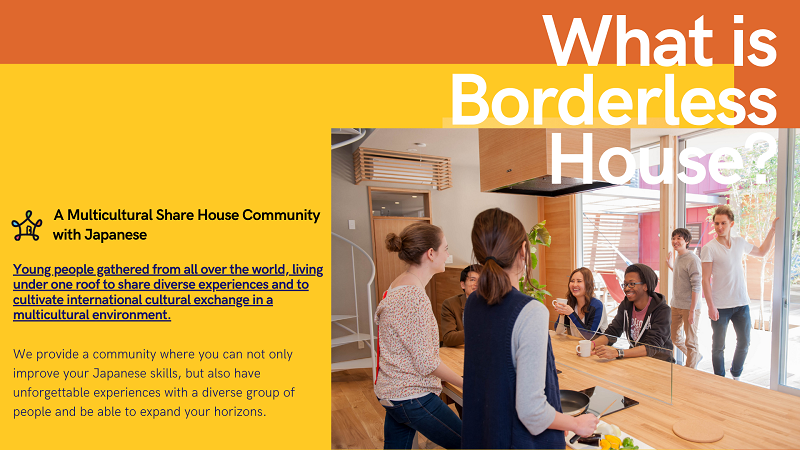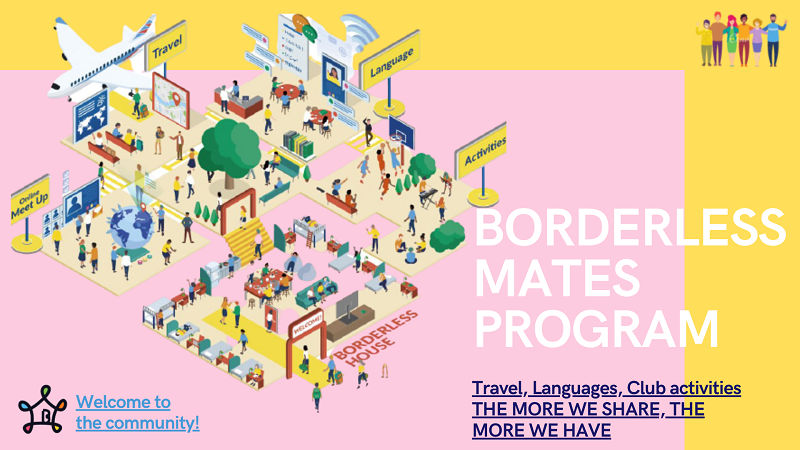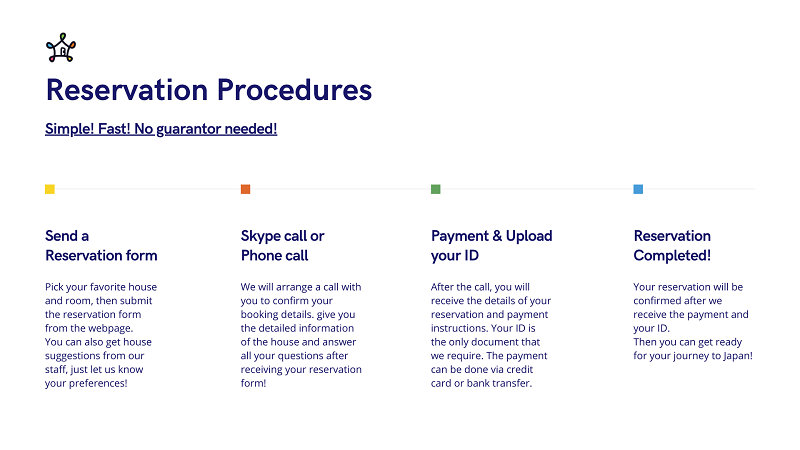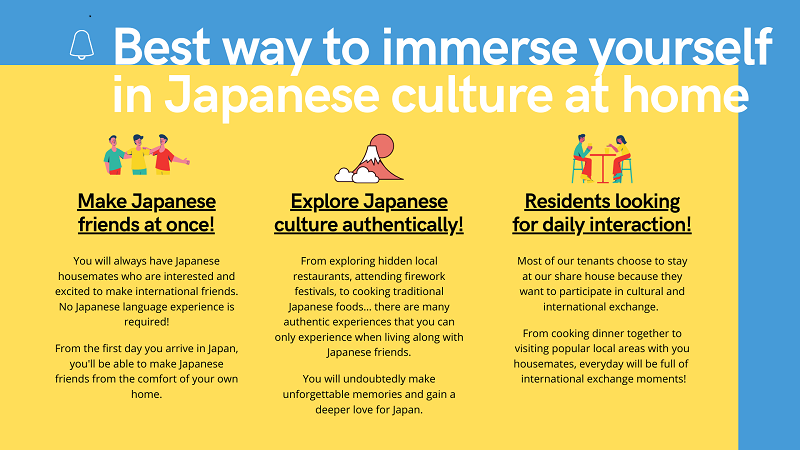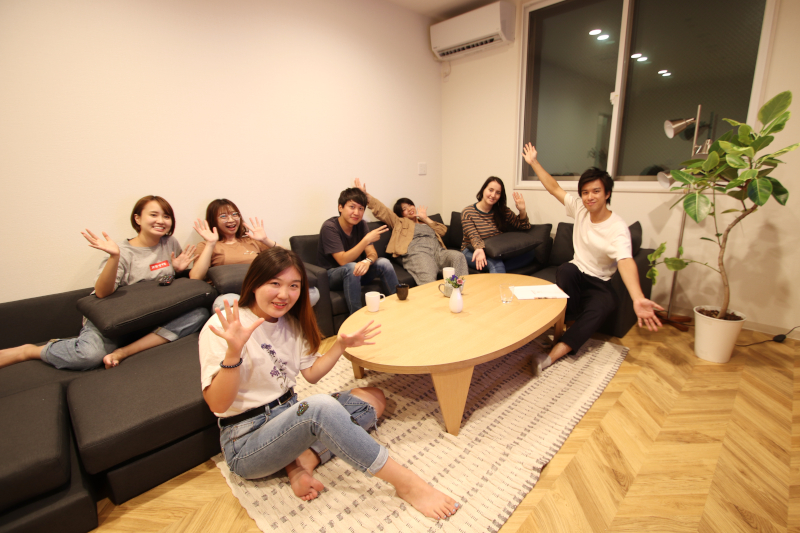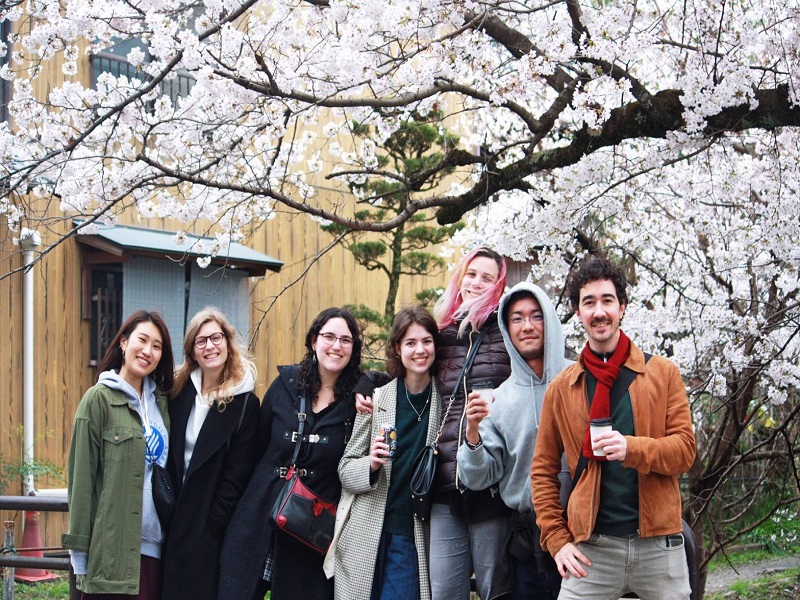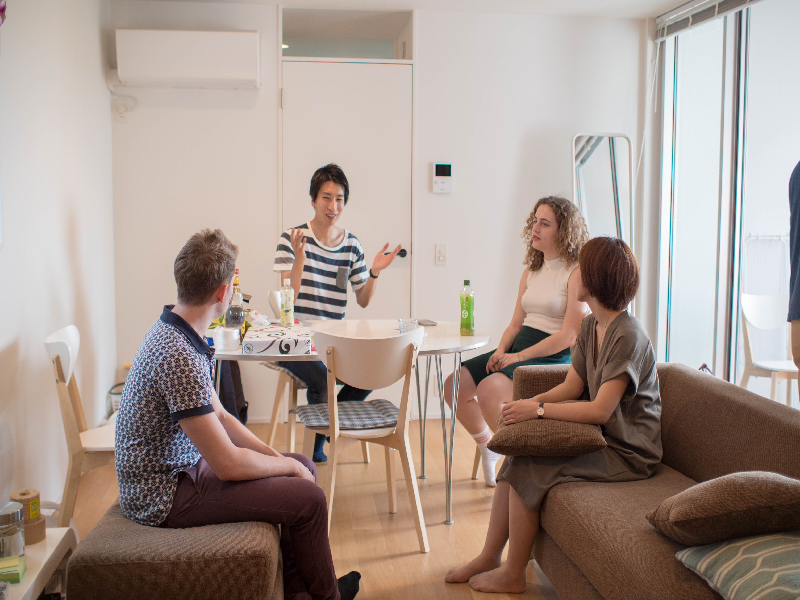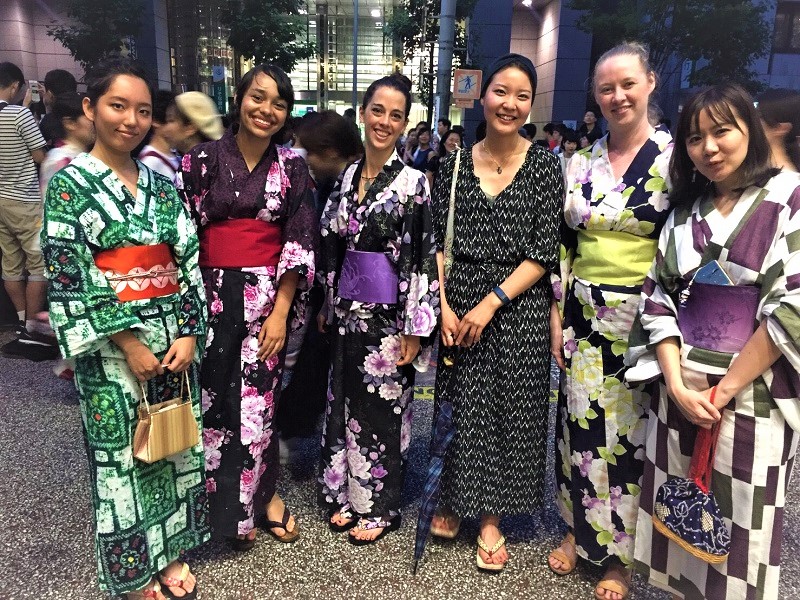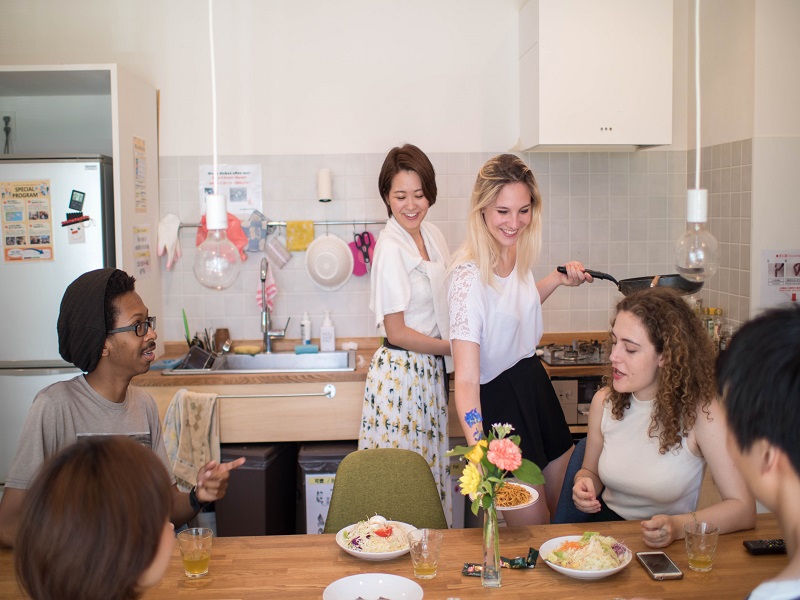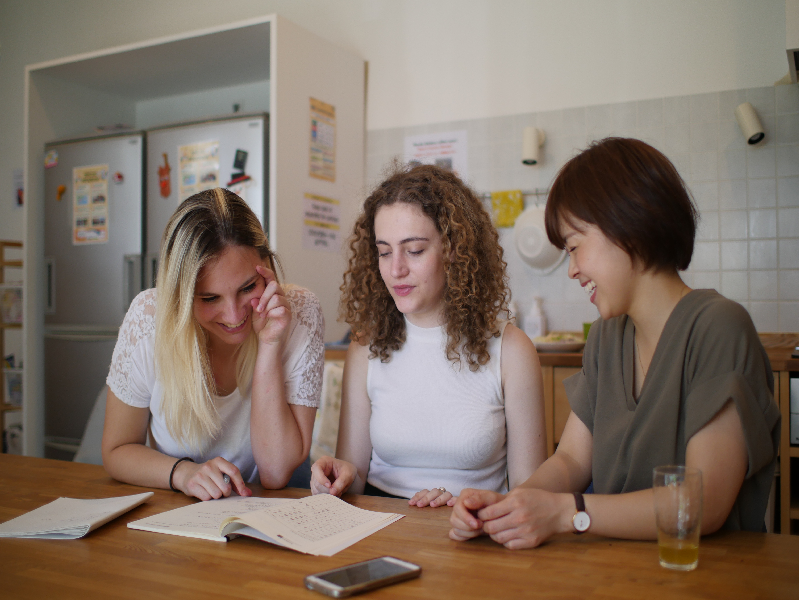One of the economic leaders in the world, Japan is a picturesque land with many interesting things going around to entertain people on their days off from work. Whether it’s a weekend or a week-long vacation, you can find loads of stuff to do and learn. The country is also known for having some of the quirkiest things that one might not find anywhere else in the world. Let’s explore some exciting activities that one can be part of in Japan:
Climbing the Mount Fuji

This is a famous tourist spot in Japan located on the southwestern side of the capital city Tokyo. The mountain holds a religious significance among the Shinto. Trekking on the adventurous curves of this mountain is a much-loved activity in Japan. One can enjoy some amazing views from the pagodas on the mountain or the Shin-Fuji viewpoint. The mountain is also surrounded by five beautiful lakes. There are multiple other sources of entertainment at the base of the mountain.
Hiking in the trail of Kumano Kodo
For the adventure lovers and the ones who love to spend their free days outdoors, the trail of Kumano Kodo is a perfect choice. One can enjoy a hiking experience in the natural environment on this old pilgrimage trail. The trail goes through many small villages and mountains. There are traditional guesthouses on the way in case you decide to stay the night. The place is away from the crowd in the city so you can enjoy some quiet time.
Onsen bathing
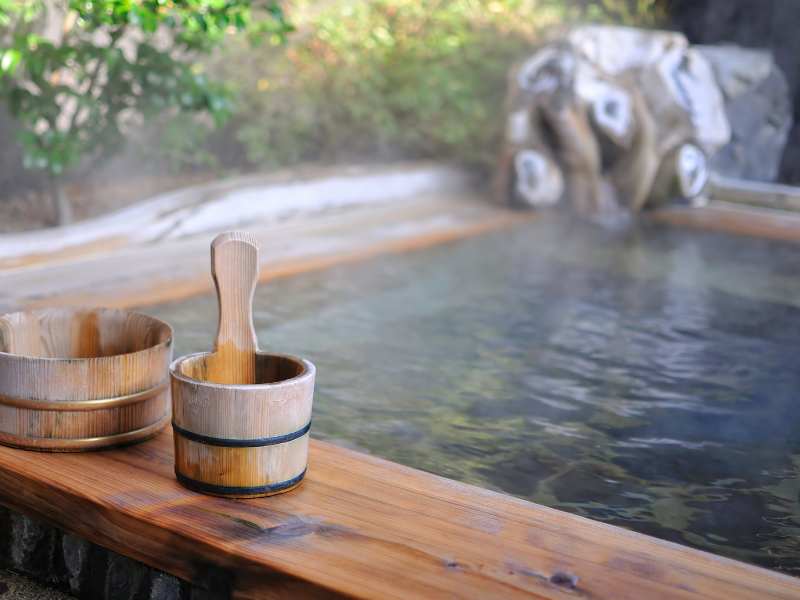
Are you looking for some relaxation after a busy week at work? Well, Japan has an excellent bathing facility that helps you take away all the weariness off your body. They are known as Onsens. These are natural hot springs found all around the country owing to volcanic activity. There are separate bathing facilities for women and men. Many of the Onsens are located out in the open with a spectacular view. The Onsens are for community bathing, so you might want to learn some basic bathing etiquette before you step into one. Onsens are available in all the seasons, but the best time to enjoy this hot water bath is at the beginning of the winter season when the wind has got a cold touch to it.
Borderless Museum
Tokyo has one of the craziest museums you will ever see. TeamLab Borderless museum is a space filled with crystals, floating lanterns, lasers, and flowers that move on touching. This museum is far different from the ones we usually see. A visit to this museum can be a fun activity while staying in the city.
Visit the Izakaya

If you are new in Japan, one of the best ways to know the local people is a visit to the Izakaya. These are small bars in the streets of Japan that also serve various Japanese dishes. Izakayas can accommodate 15 to 20 people and is commonplace for the locals to hang out for drinks. You can always spend your weekends at an Izakaya. However, you would want to get a Japanese friend along as the menus are in Japanese.
A food tour
Japan is known for the various types of dishes that it has to offer. Street food is hype in this country and you will find most streets crowded with people enjoying the local cuisine after their work. They are the busiest in the evening once the office hours end. The shops are tiny yet packed with people. You can go around from shop to shop and try various delicacies. The food available is an absolute delight and way cheaper than a fancy restaurant. You can enjoy a lot more variety on such food tours. Also, seeing the shop owners work in that little space is amusing. Some popular food tours that you can embark on are in old town Tokyo, Kyoto sake brewery, kawaii, and Retro Osaka street.
Bullet train ride
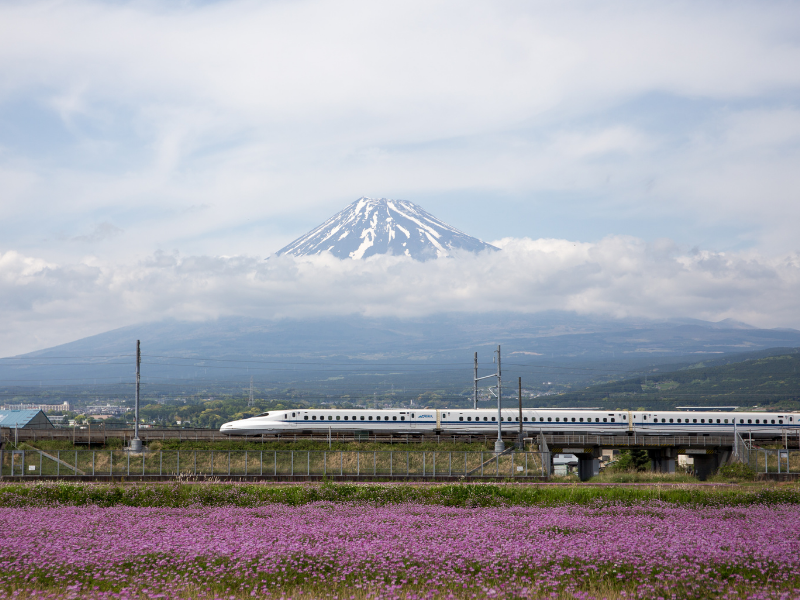
Japan is known for its Shinkansen or the bullet train. If you living in Japan a ride in one of these not something you would want to miss. Trains in Japan are perfectly clean and comfortable. Grab a book, some snacks, and plug in your earphones to enjoy a nice ride on a bullet train. It can be an interesting way to spend your weekend even if you don’t have any company.
100 Yen stores
Yet another fun thing about Japan. The 100 Yen store or the Hyaku Yen store is a place where every item costs just 100 Yens. These stores are found in most Japanese cities and are loaded with a huge variety of unique gifts. Hello Kitty forks for dessert, floral teaspoons, porcelain crockery, wall stickers, and many such weird yet practical items. One can pick up souvenirs from such stores to remember the trip. This is certainly something one can enjoy on the days off.
Capsule hotel

This is a unique feature of Japan. Capsule hotels are hotels where a room is the size of a single bed that you had when you were a kid. They look like the ones we see in sci-fi movies. These capsules are nice, warm, and comfortable. They are cheap and convenient. You can stay in these during your initial stay in Japan or you can go on a short weekend trip and enjoy the experience of living in a capsule hotel.
Japanese photo booths
The photo booths in Japan are known as Purikura in the local language. These are available all around the city. They are also available inside multiple shopping malls. You can get instant photos in these booths and this is a fun experience to have on an outing with your friends. You can leave with wonderful memories you can have for a lifetime.
Kyoto bamboo forest

Arashiyama is a wonderful place a little away from Kyoto city in Japan. The land is covered with wonderful forests of Bamboo trees during the year-end. A festival is also hosted in November and December in which these forests are decorated with tiny little lights for the tourists to enjoy the view. Rest of the year also this place can be visited on days off from work. This is the best location for nature lovers and is suitable for some great photography.
Visit the Jigokudani Park
The Jigokudani park is located in Nagano which is a short drive from the busy city of Tokyo. The park is a major tourist attraction for the snow monkeys that live there. The park is located on a mountain that is covered in snow in the winter months. The walk up to the top of the hill is covered on both sides with tall pine trees. The monkeys can be spotted on the mountain tops. If you are lucky you can even catch them taking a dip in the hot springs in the middle of all the snow. The trip can help you escape the crowded streets of the city and takes you closer to nature. Perfect weekend getaway with friends or family.
Buy a ticket to a Sumo show

We all are aware of the sumo wrestling culture of Japan, thanks to TV shows. When in Japan you can go witness one of these shows live. Various stadiums conduct sumo wrestling matches. You can get a ticket to one of those. You can even visit the stables to watch the wrestlers practice before the match. This can be a fun way to spend your day and also learn something about Japanese culture. In case you want to know more, some museums showcase the history related to this sport.
Theme restaurants
Japan is loaded with cafes and restaurants that have themes in them. These are quite in trend in the country. Theme restaurants are packed with people of all ages who enjoy the atmosphere. You might not get the best food in such restaurants, but you are sure to enjoy the ambiance created within those walls. Robot themed cafés are most loved. These cafes have robots doing all the jobs. Other famous spots are a Pokémon restaurant, Ninja café, Kawaii café, 2D café, Vampire cafes, and many more. You can visit one of these on a weekend.
Festivals around the year
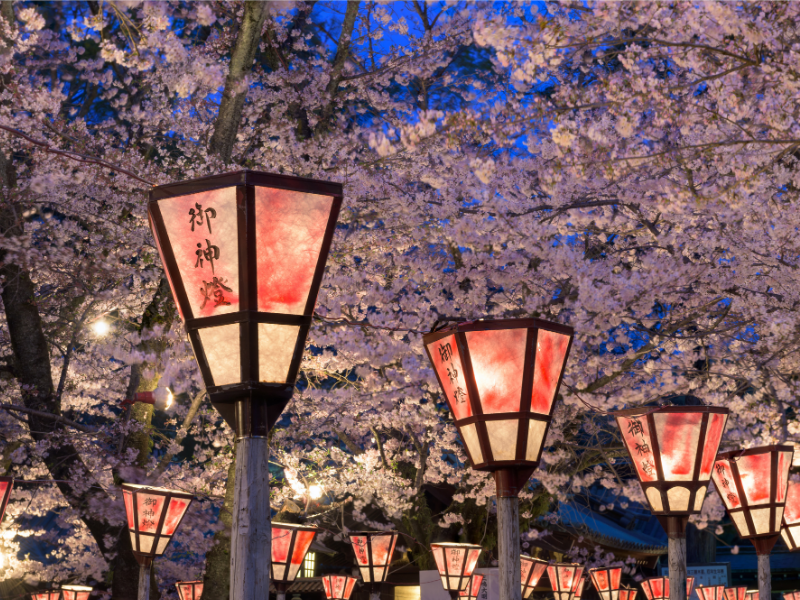
Japan hosts thousands of festivals all year round. You can visit one such festival anytime you want to. There are festivals with seasonal themes. You can also party throughout the night at these festivals. They are packed with people and have a lot to offer. The festivals have stalls selling Japanese food, people dressed in mythological creatures, rides, and many other activities to keep the visitors entertained. Your weekend is pretty much sorted with these festivals happening all year round.
Conclusion
Japan is a place where people work hard throughout the week and love to enjoy their free time doing various things. Therefore, there is no getting bored in this country. The place is loaded with hundreds of things to do.






